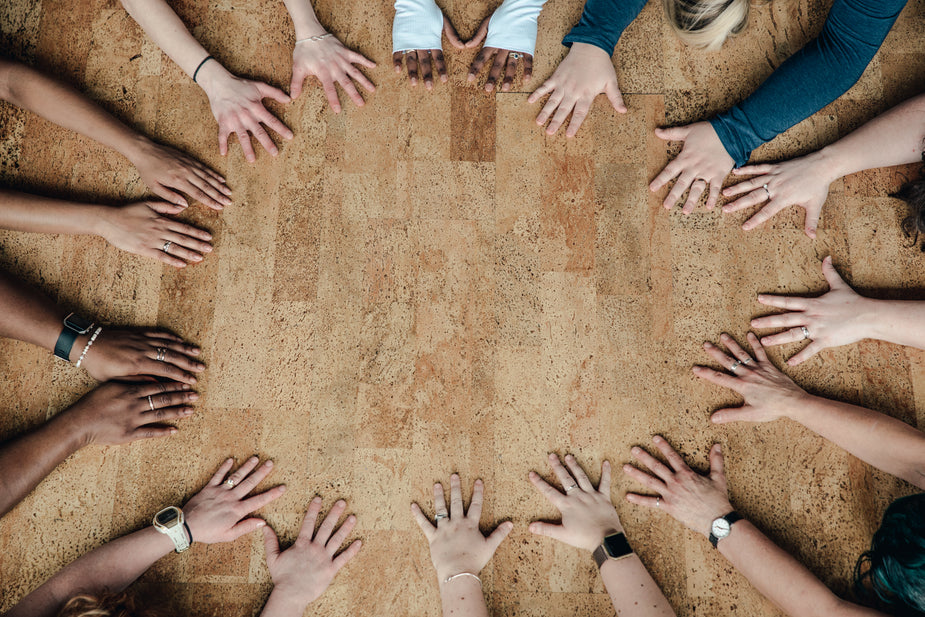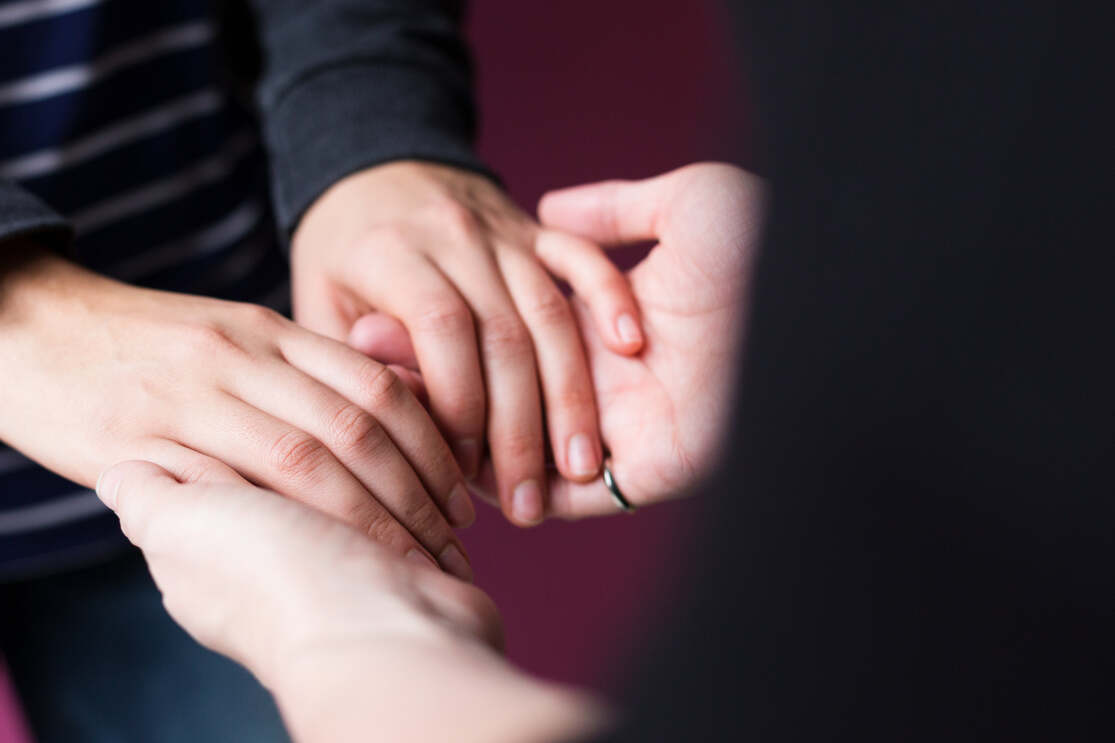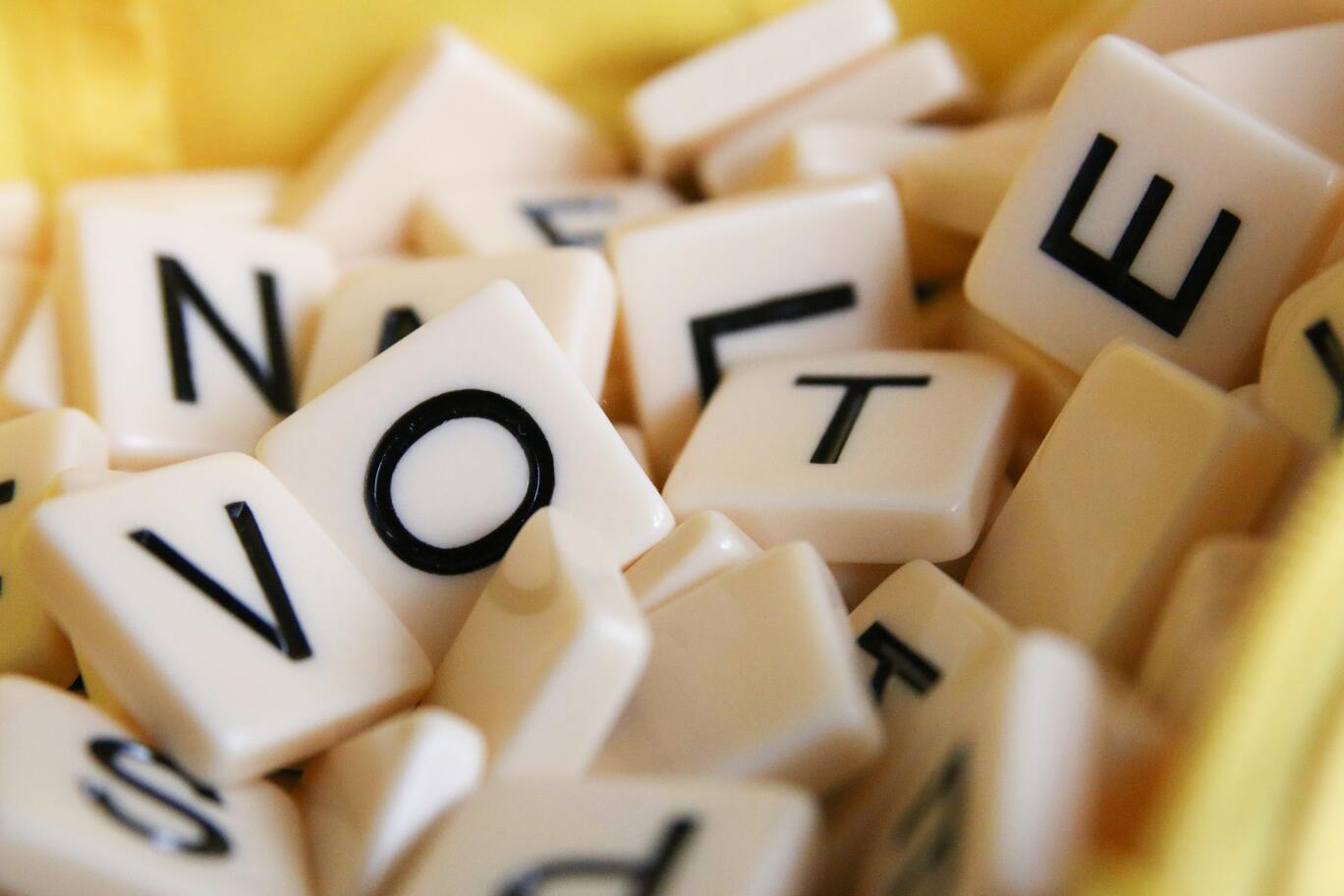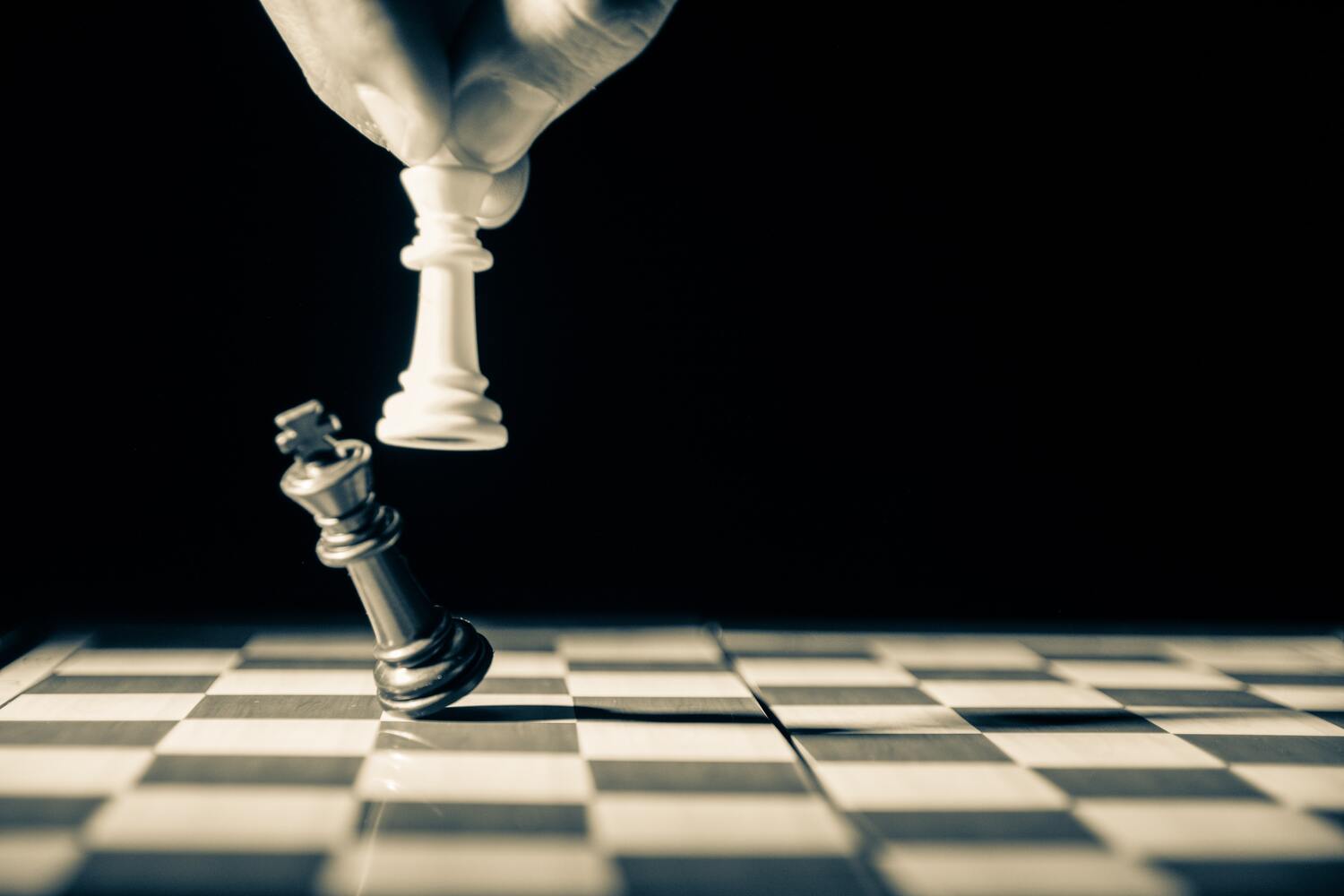DAOs - The innovative interpretation for future organizations
By Kithmini GunawardhanaWhat is a DAO?
DAO stands for Decentralized Autonomous Organization. This is one of the most popular cryptosystems and quite an interesting innovation in decentralized finance (DeFi). Of Course, we can say this would take over the traditional organizational structure that we have followed for a long time. The specialty of the DAO is that it is autonomous, we can observe lesser human intervention. A DAO has a set of respected rules, which are made by the decentralized community associated with that. The participants do not need to know each other according to the main principle of DeFi privacy (Decentralized Finance). The decisions are made according to the pre-programmed code, which means using a smart contract. Due to some incidents, this DAO concept was not been heavily addressed. However, now it is again emerging in this crypto arena.
The most common and widely used example to explain the concept of DAO is a vending machine. Let’s think of the functionalities of a vending machine. It provided an output based on the input that we have provided.
- Can it handle the power consumption?
- Can it manage the stock level?
- Can it manage cash?
Here we can symbolize DAO as a vending machine that has the ability to control all the above scenarios according to a set of smart contracts, which means the whole system is autonomous and the governance is decentralized.
 Photo By Mathew Henry from Brust
Photo By Mathew Henry from Brust
Why do we need DAOs?
We know that you need to have a lot of faith in the individuals you’re working with if you want to start an organization with them that entails funding and money. However, it’s difficult to believe someone you’ve only ever communicated with online. You just need to trust the DAO’s code, which is completely transparent and verifiable by anybody, while using DAOs. That means you don’t need to trust the other members of the group. Hence, this creates several new chances for international cooperation and coordination.
 Photo By Sarah Pflug from Brust
Photo By Sarah Pflug from Brust
Okay, this is how the Ethereum site has compared these two concepts.
| DAO | A Traditional Organization |
|---|---|
| Usually flat, and fully democratized. | Usually hierarchical. |
| Voting is required by members for any changes to be implemented. | Depending on the structure, changes can be demanded from a sole party, or voting may be offered. |
| Votes are tallied, and outcomes are implemented automatically without a trusted intermediary. | If voting is allowed, votes are tallied internally, and the outcome of voting must be handled manually. |
| Services offered are handled automatically in a decentralized manner (for example distribution of philanthropic funds). | Requires human handling, or centrally controlled automation, prone to manipulation. |
| All activity is transparent and fully public. | Activity is typically private and limited to the public. |
How does a DAO work?
A DAO is built on a smart contract, and there is no central authority or influencer. A “community” vote is the primary basis to amend a smart contract after it has been developed and deployed. Similarly, the DAO’s funds cannot be spent without first receiving approval from its members. Anyone with access to the contract’s address can view its contents since the contract is stored on the blockchain. The DAO starts raising money for the project objectives after the smart contract is developed and deployed on the blockchain. Native tokens, a form of money linked to the smart contract, are used to carry out this activity. Users that invest in the initiative are given rights such as voting, target setting and so on.
 Photo By Glen Carrie from Unsplash
Photo By Glen Carrie from Unsplash
We can observe that the majority’s interests control all funding and decision-making, which is the biggest benefit. On the other hand, this also lengthens and delays the decision-making process. Let’s say someone finds a critical flaw in the DAO’s attack surface. You won’t be able to solve it right away with an emergency hard fork; instead, you will need to wait for the majority to decide how to fix it.
Some examples for DAOs
- Uniswap
One of the biggest and most well-known DAOs, Uniswap functions as an Ethereum blockchain-based coin exchange. By possessing the UNI token, which grants voting power over how the organization is governed and run, anyone can join.
- The DAO
The DAO was one of the initial attempts to create a decentralized financial (DeFi) network for venture capital crowdfunding, but it wasn’t a great success story. Unfortunately, it was hacked, leading to the theft of the Ethereum token, valued at $60 million. Through a method known as “forking,” this theft was controversially reversed, and the money was given back to its proper owners. As a result, Ethereum and Ethereum Classic became two distinct blockchains.
- Decentraland
This is a virtual online world, which is run by a DAO where democratically elected stakeholders decide on administrative and governing decisions. Participation in the process is open to everyone who owns the MANA platform token. Also this platform is swiftly becoming popular with major international brands like Morgan Stanley, Coca-Cola, and Adidas as a means of connecting with consumers that were born digital.
Challenges
- Since the 2016 hack of The DAO, smart contract security and defenses against attacks have advanced significantly. There is still a long journey to go, yet. Vulnerabilities will always run the danger of leading to massive losses because DAOs directly control assets.
- Another issue that many of today’s biggest DAOs have is voter engagement. According to research, the majority of people who participate in online communities and open source environments are “lurkers,” which is typical of decentralized groups. Most token holders either completely abstain from governance or do not actively participate in it.
- The main legal and regulatory issues that DAO practitioners are currently dealing with relate to legal status, applicable legislation, and jurisdictional uncertainties.
 Photo By GR Stocks from Unsplash
Photo By GR Stocks from Unsplash
Conclusion
In my perception though there are challenges, DAOs can contribute to the emergence of a new era in corporate governance. DAOs provide their stakeholders with full ownership of decision-making that can be rewarded in accordance with the DAO’s growth by conducting business operations autonomously through smart contracts. As the legal issues related to DAO are resolved and controlled, more and more businesses will attempt to implement DAO platforms for their operations in order to automate some of those key business operations.

